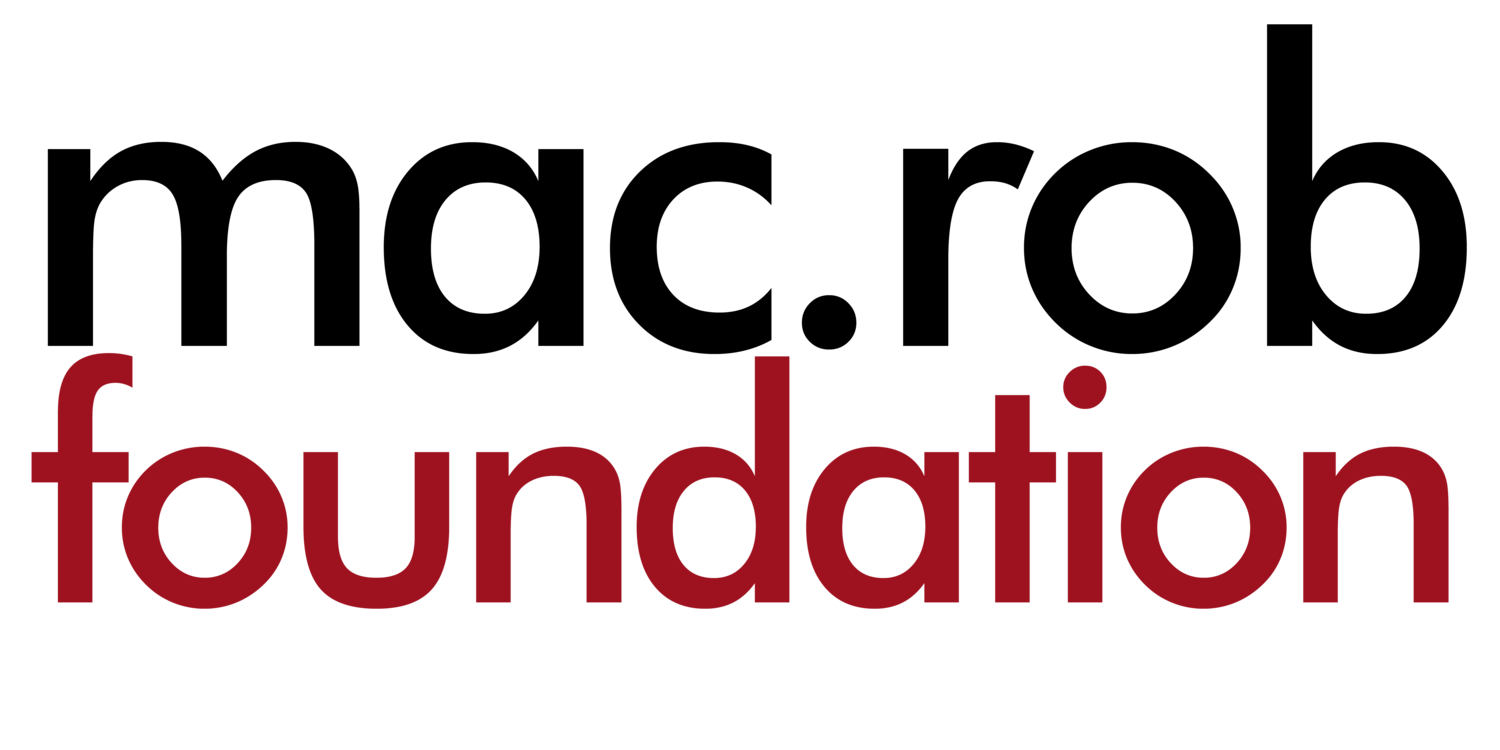Aishah Brockhoff
Academic Excellence Scholarship Recipient 2019
During the July holidays, I had the privilege to attend the United Nations Youth Aotearoa Leadership Tour for 2019, where I was able to spend two weeks touring through Sydney, Wellington, Rotorua, Paihia and Auckland, to learn about and compare Australia and New Zealand’s relations with their respective indigenous peoples. Partaking in the Tour challenged me in such a variety of ways, and through it I believe I have become a more knowledgeable, conscientious young leader, and made an incredible group of friends.
Beginning in Sydney, we spent three days learning about the historical treatment and institutional engagement of Aboriginal and Torres Strait Islander people through a range of workshops, consultations with Indigenous advocacy groups and visits to cultural sites. At Sydney University, we spoke with Dr Lynette Riley, a Senior Lecturer in the School of Education and Social Work, and Jasper Garay, an Associate Lecturer on Indigenous Health in the School of Public Health, on reconciliation and leadership. I found the sessions deeply insightful in discussing the impacts of past reconciliation efforts, and what reconciliation could look like today.
When we first arrived in New Zealand, I was astounded by the prominent usage of te reo Māori, the language of the Māori people, in everyday settings, such as bilingual museums and street signs. Travelling to smaller towns such as Rotorua and Paihia particularly, it was evident just how prominent of a role Māori language and culture played in the social and professional lives of the communities.
As part of the Tour was during NAIDOC Week, the merits of treaties became a very frequent topic of conversation, poignantly reflecting this year’s theme, “Voice. Treaty. Truth.” This became an even more prominent subject after learning about the tumultuous implementation of the Treaty of Waitangi, as English and te reo Māori versions had fundamental differences in regards to key words such as “self-determination”, “chiefly authority”, and “sovereignty”.
Whilst cross-cultural efforts between Māori and non-Māori people in Aotearoa may seem better than those currently in place in Australia, New Zealand’s Māori people have and continue to face challenges, many of which are currently being addressed by undoing institutional biases. One of the many people doing so is Nanaia Mahuta, who is currently the Minister for Māori Development and Minister for Local Government, who we had the pleasure to speak to in Wellington.
Being able to be immersed in such a beautiful, rich culture in New Zealand was incredibly fascinating. At the same time, it served as a stark reminder of how far global reconciliation movements still have to go before indigenous populations can reach parity in fields such as health outcomes and educational opportunities. New Zealand has not yet implemented an alternative, culturally-sensitive justice system, however in Victoria, the Koori Court offers a sentencing process where Aboriginal Elders and other respected members within the community may also contribute to the conversation; aiding the Magistrate in making a culturally-appropriate judgement. Many initiatives I was able to see in New Zealand, such as immersive te reo Māori schools, I hope one day can also be implemented in Australia. Likewise, Australian initiatives such as the Koori Court, may also strengthen Indigenous populations abroad, if implemented.
Being able to meet and present to like-minded New-Zealanders at the first dual-nation United Nations Youth event, Mahi Tahi Hui, which translates to ‘working together’, was a highlight of my trip. Not only did the experience allow me to reflect upon and share the knowledge I had gained throughout the trip, but also speak with other young leaders and hear their perspectives on both historical and contemporary approaches to issues we continue to face today. At the event, we also had the opportunity to hear from Ezekiel Raui; one of the #ForbesUnder30 in the Asia region for his work in social entrepreneurship, and advisor to the Duke and Duchess of Sussex. His speech highlighted a range of prominent issues facing the Māori community and minority communities globally. I found it particularly interesting that, when being taught following Māori-centred educational models, Māori children achieved equal results, if not surpassed, those of their non-Māori counterparts. This demonstrated to me the importance of having different models of education that are catered to best fit students’ needs.
A prominent social cause at the moment, particularly amongst the school-age demographic, is climate change. Through my experience on the Tour and external research, I have learned that implementing sustainable energy practices and indigenous rights go hand in hand.
Sharing scientific information in the context of indigenous culture and traditional ecological knowledge encourages a deeper understanding of the multi-faceted problems, and by doing so, Indigenous voices are empowered to be leaders in conversations on climate change, that affects traditional lands and ways of life.
I encourage any student looking to learn about global challenges, develop as a leader, foster independent thinking and make new friends to get involved with United Nations Youth Australia. I have been able to gain insight that has truly motivated me to continue learning in this field, and have been inspired to apply what I have learned in my leadership role within the school next year. I hope in the future I will be able to pursue a path that will allow me to bring attention to inequalities, understand their multi-faceted complexities and contribute to effective solutions.
From taking part in this experience, I hope to bring initiatives to our school community to challenge untrue narratives and encourage a sense of togetherness which will allow us to make pragmatic change.
I am deeply thankful to the MacRob Foundation for awarding me with the Academic Excellence Scholarship, and the generous donors who have made this Scholarship possible.
Aishah Brockhoff




